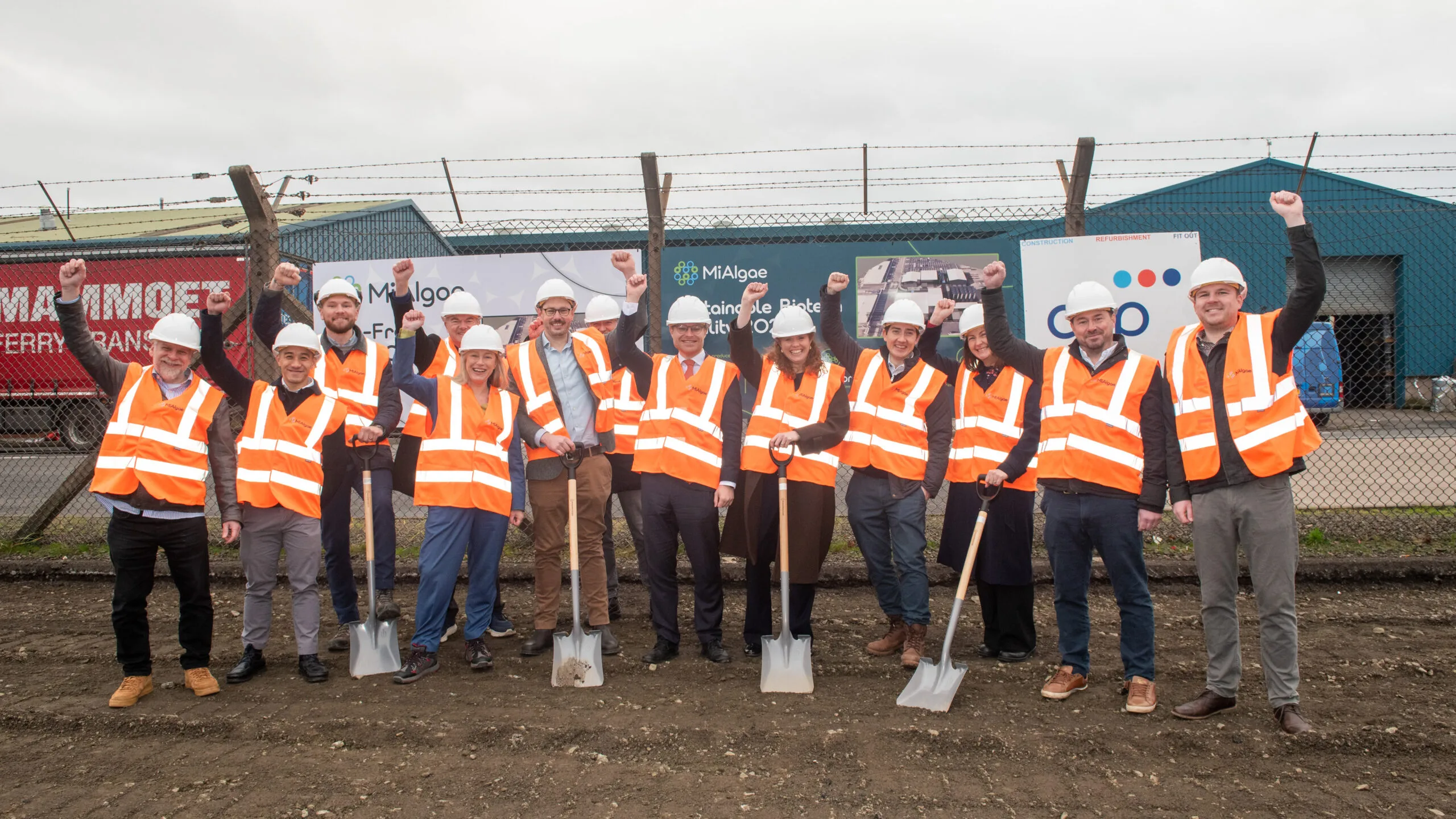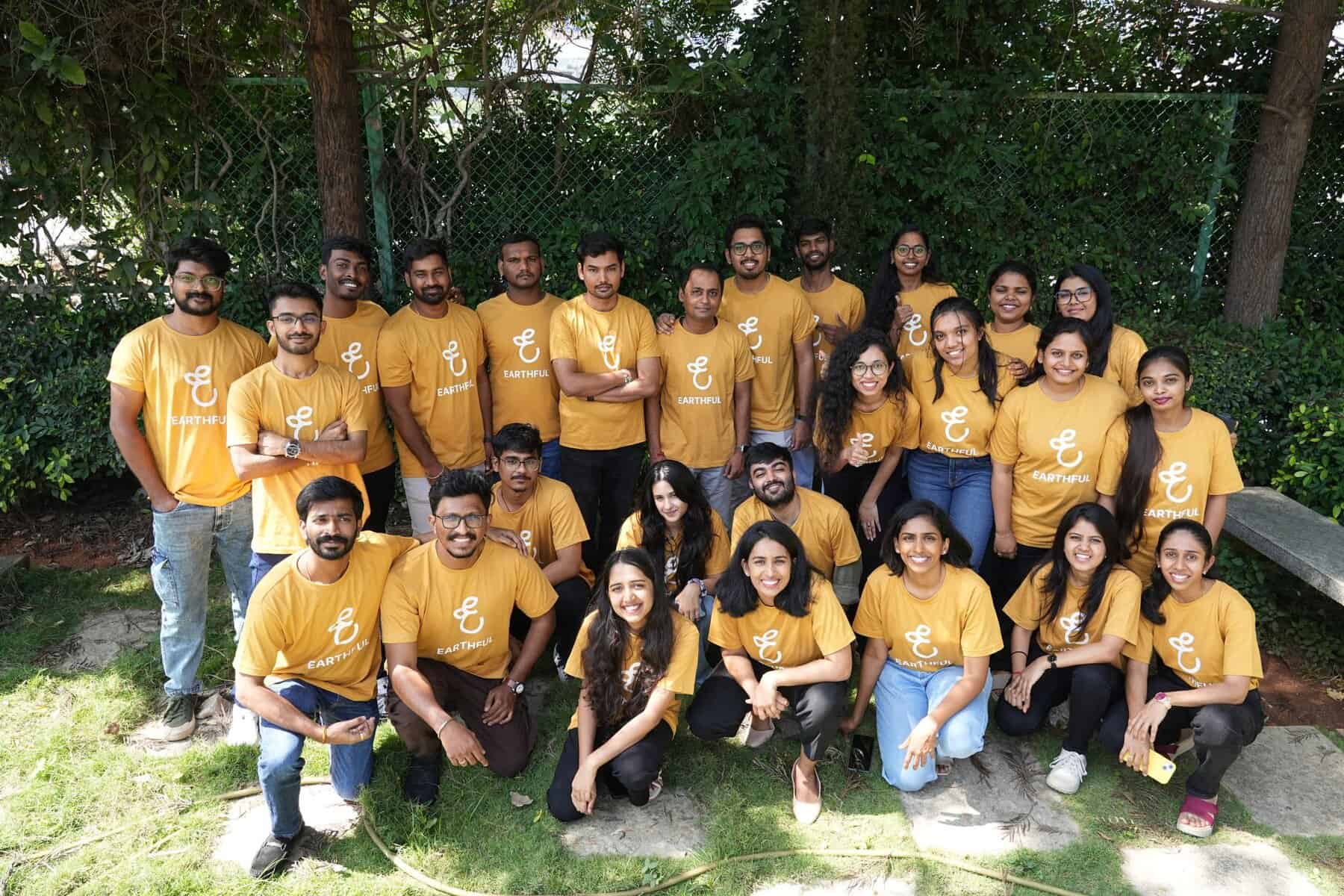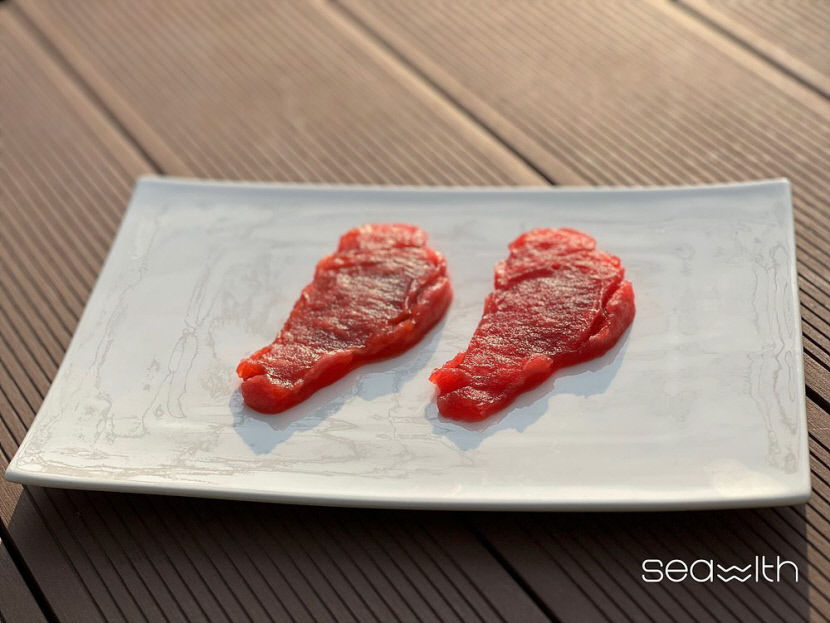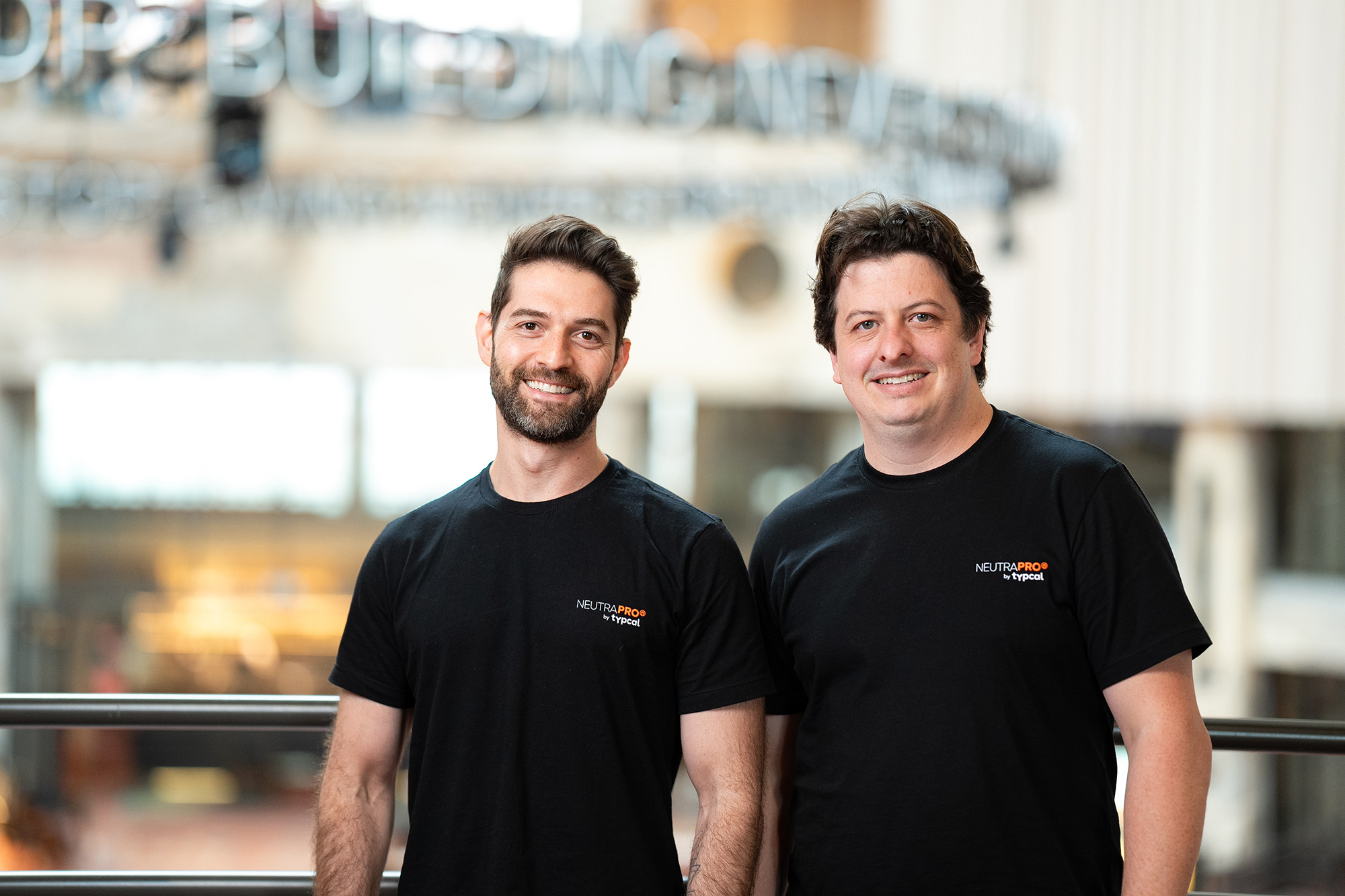

New Zealand startup paves way for cow-free dairy with EPA approval for pilot plant
New Zealand, as the largest global dairy exporter, boasts the world's leading dairy ecosystem and dairy processing expertise. However, this scale also brings challenges, particularly concerning greenhouse gas emissions, as well as land and water pollution associated with dairy cow farming.
Auckland-based startup, Daisy Lab, has developed a groundbreaking technology that produces dairy-identical proteins without cows, utilising yeast in a precision fermentation process. This cutting-edge technology has been successfully employed in various industries, including the production of enzymes and flavorings for the food sector, but Daisy Lab believes that many of the dairy proteins can be produced this way. The first protein to scale was beta-lactoglobulin – the most common protein in cow’s whey. Daisy Lab is developing other dairy proteins, including high-value and rare lactoferrin.
Over the past 12 months, Daisy Lab has scaled their process from milligram volumes to the production of prototype consumer products such as ice cream, yogurt, and cream cheese using beta-lactoglobulin.
Last week marked another significant milestone for Daisy Lab on its journey towards scaling and commercializing its technology. They have obtained approval from the Environmental Protection Authority (EPA) to scale their production to a total volume of up to 5,000 liters. This milestone enables Daisy Lab to proceed with building its first pilot facility.
Similar research is underway overseas, posing a serious threat to our dairy industry. Daisy Lab wants to ensure New Zealand stays at the forefront of dairy protein innovation.
"What sets Daisy Lab apart from our global competitors is that we developed our strains and fermentation protocols with the downstream process in mind," commented Irina Miller, CEO & Co-founder of Daisy Lab. "Our fermentation liquid is uniquely suited to be processed using existing industrial dairy equipment, such as decanters, microfiltration and ultrafiltration membranes, and spray-dryers."
Dr Nicole Freed, Chief Science Officer & Co-founder, who worked with the EPA to prepare and obtain approval, expressed her excitement about the future opportunities this milestone presents for Daisy Lab. "We invested significant time and resources into preparing our application, and it's gratifying to see our efforts pay off," she said. Freed also acknowledged the support received from the EPA in navigating the legislation that regulates genetic technologies in New Zealand. "This is a crucial step forward for Daisy Lab and for precision fermentation technology in New Zealand."
If you have any questions or would like to get in touch with us, please email info@futureofproteinproduction.com






